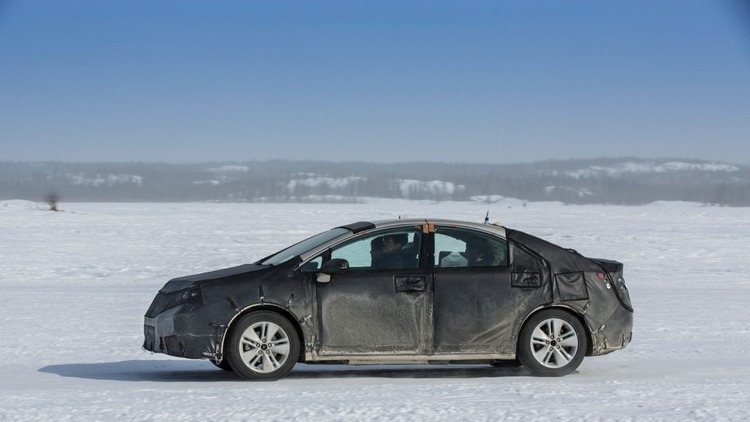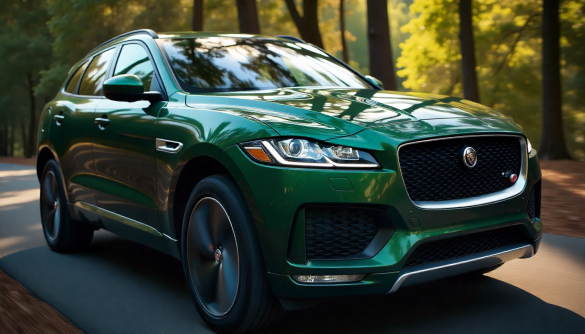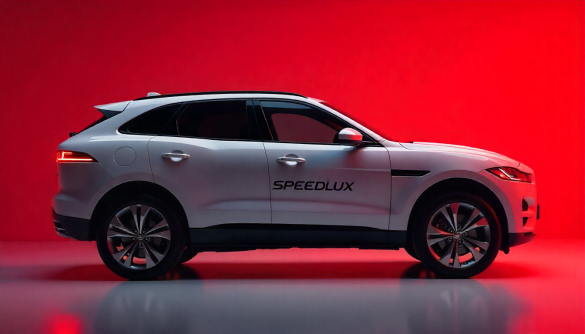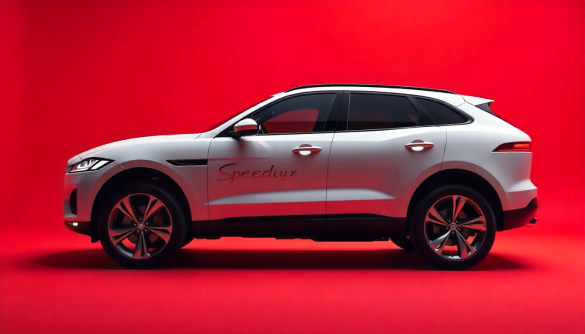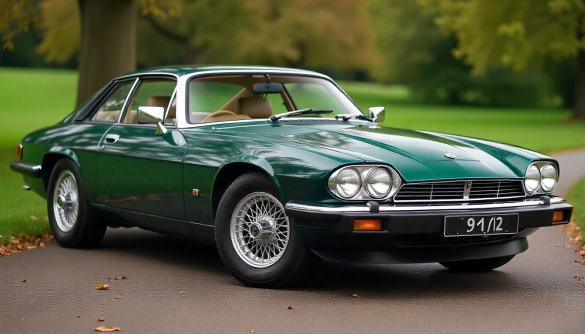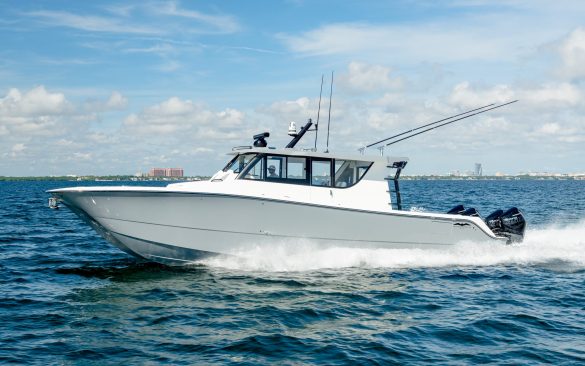What happens to the German automaker, BMW? The company has quietly canceled its plan to present its fuel cell vehicle at the North America International Auto Show (NAIAS) event in Detroit. At the moment, nobody really knows the real reason behind this move by the luxury German automaker.
However, news about the company retracting its fuel cell vehicle from the upcoming automotive exhibition event in Detroit, US, has been coming from the company’s global press sites as well as its American site. This newly released bit of news is very contradictory to the information previously given out by the German company. Before this, in a press release, BMW announced that it was planning to take the veil off its new hydrogen fuel cell vehicle, which would potentially be known as the Fuel Cell Electric Vehicle, or the FCEV for short.
Back then, the luxury German car maker was not so keen on sharing details about its upcoming eco-friendly car. Nevertheless, it did mention that the powertrain utilized in the vehicle would be one of the very first engines that came as a result of the company’s partnership with Toyota, a top automaker from Japan. As a matter of fact, BMW even mentioned that the aforementioned FCEV engine would actually be based on the hydrogen fuel cell system originally manufactured by Toyota. However, in order to meet the qualifications required by the company, BMW had to make some alterations to the Toyota-derived engine.
Yet, even though the company is definitely not going to present any fuel cell vehicle in the imminent Detroit Auto Show, the company claims that it is currently trying to replicate its approach. In this case, it is trying to take advantage of its i3 and i5 vehicle lineups. The company will focus on an architecture designed specifically for the production of a fuel cell vehicle in the future. Unfortunately, the company is keeping its lips tight regarding the exact architecture it is going to use. But if recent rumors are to be believed, the company may well be prepping an i5 model that will take advantage of the technology utilized on the Toyota Mirai FCV.

